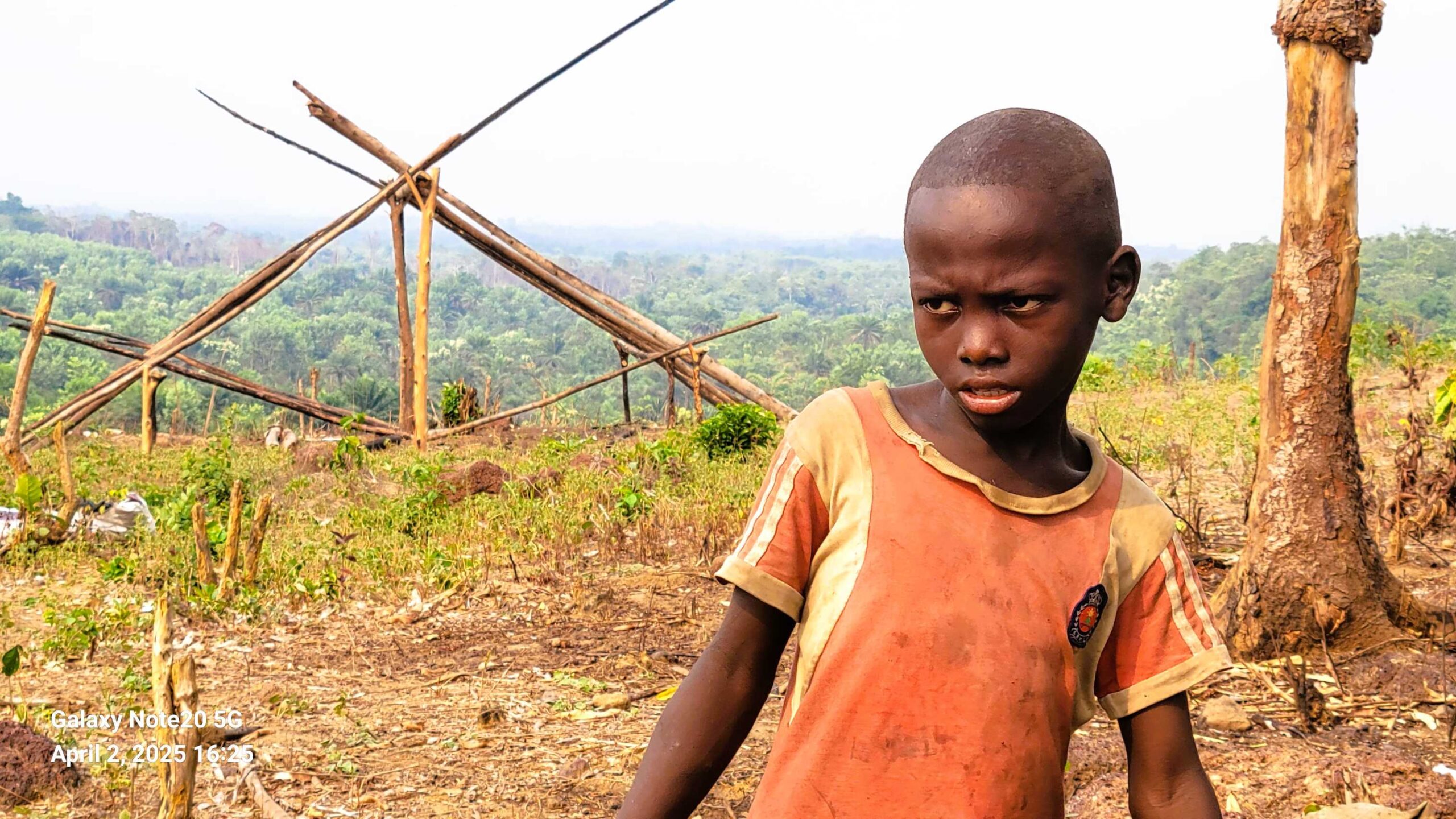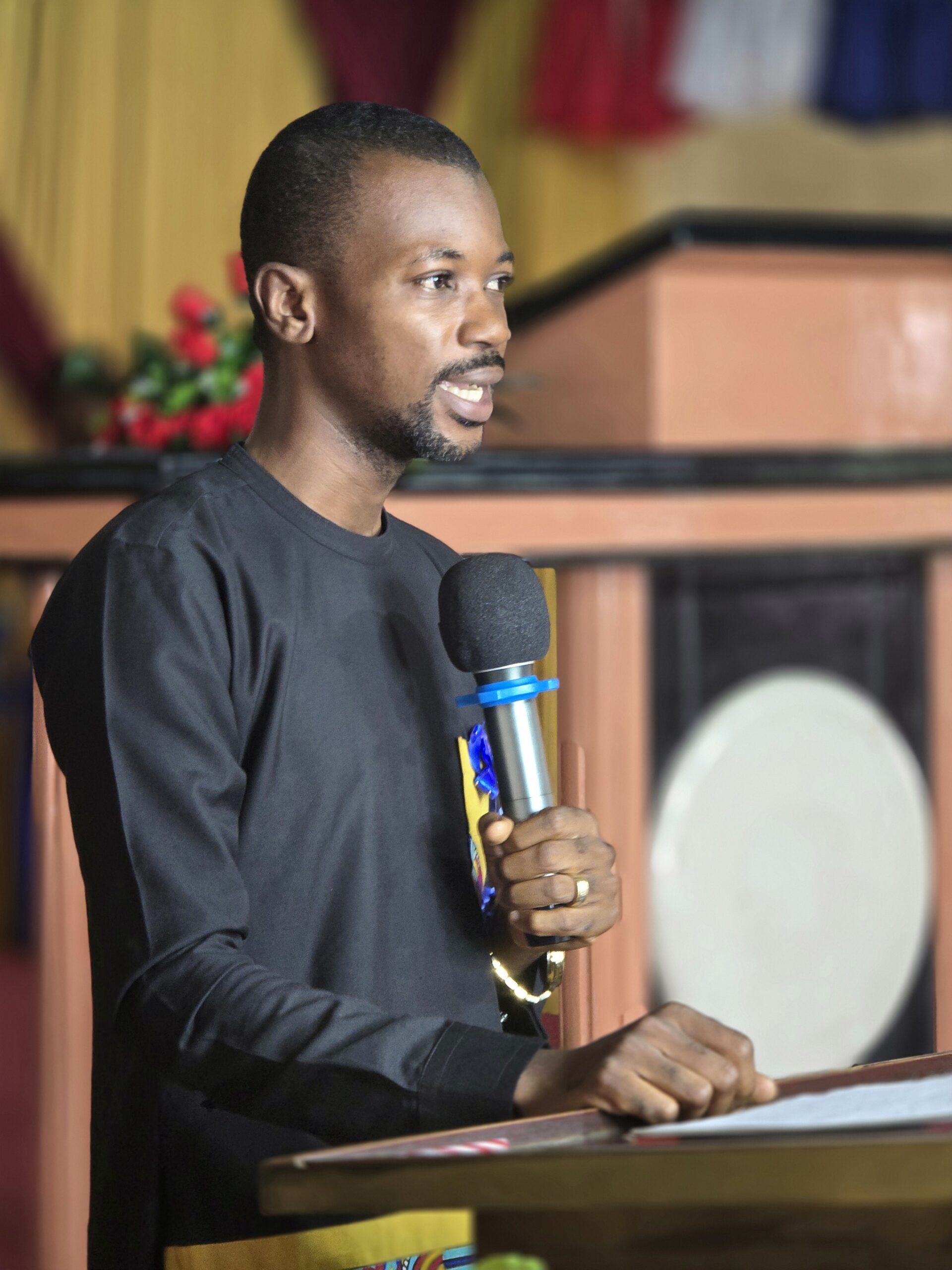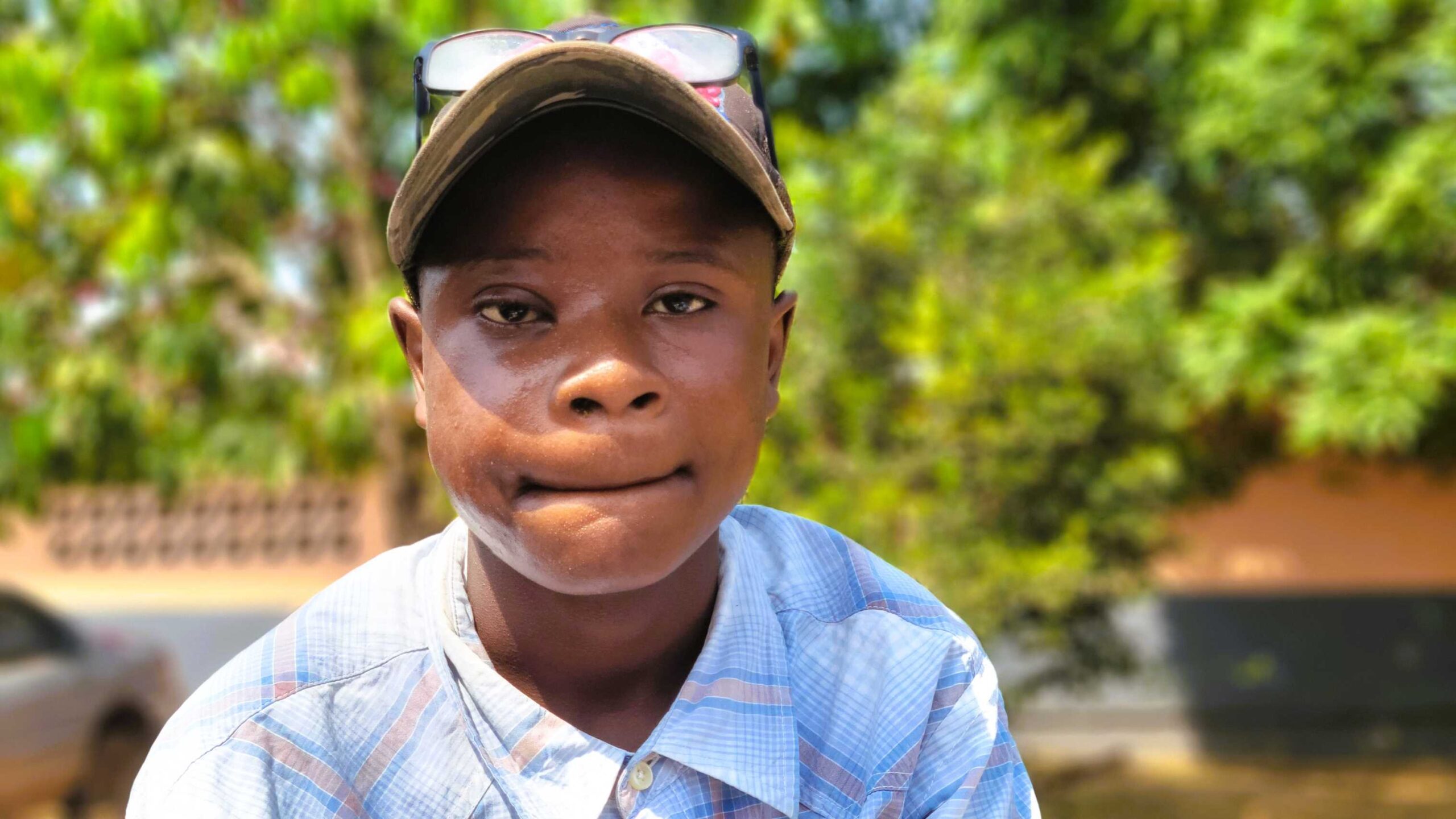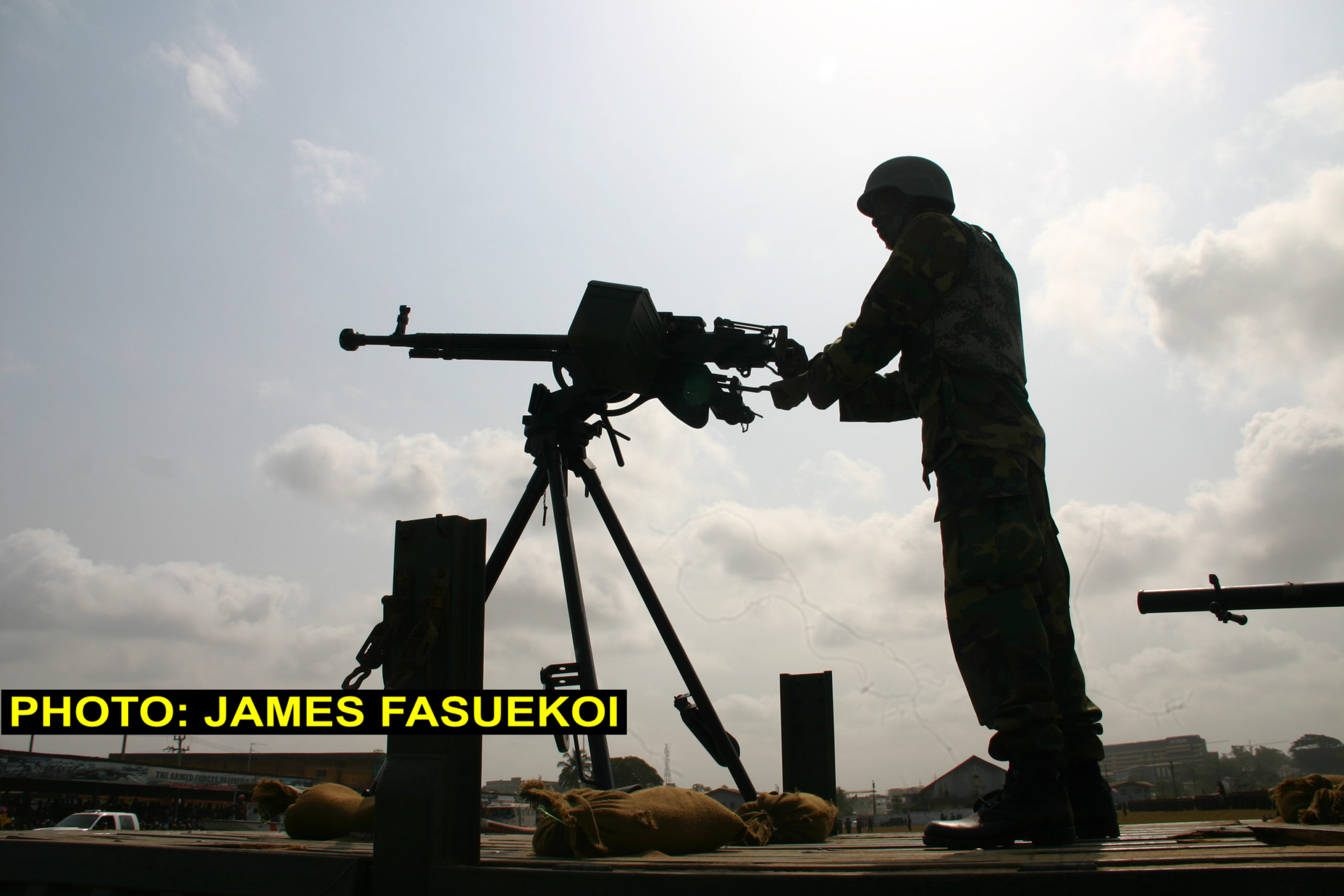At 95 yrs. old, ex-soldier in Lofa speaks of his incredible journey on the Congo peacekeeping mission over 60 yrs. ago 
Every sovereign nation on earth needs a standing army backed by Jehovah God, whose prerogative is it to establish governments and raise armies. In Numbers 1:3, God orders the Israelites to take a census of the men of Israel, from twenty years old and upward, “all that are able to go forth to war in Israel.” Thank God for giving Liberia a standing army. This piece is in remembrance of Feb. 11th, Armed Forces Day.

In this article:
*US Peace Corps volunteer buried in Liberia’s Lofa County
*American medical missionary also buried in Lofa county
*Liberian commander shot by his own man on Congo Mission
By James Kokulo Fasuekoi|Editor-Publisher
From our research there isn’t a single town or city in the Gizema-Lorma region of Lofa County that is without some historical significance of some sort-be it traditional, humanitarian, or even war, dating as far back as the olden days.
Think of Yeala, the small town near the Liberia-Guinea border? War relics such as town walls built centuries ago still adore it even today; that’s in addition to two visits by two former Liberian presidents, William Tolbert and Ellen Sirleaf.
In nearby Zorzor City lies the grave of a dedicated American medical missionary Esther Bacon at the campus of the Curran Lutheran Hospital. Esther, says the University of Iowa Libraries, “died in Liberia after succumbing to Lassa fever in 1972.”

Then there’s Lofa County’s northwestern town of Barziwen, close to Voinjama, (the county’s seat), and surrounded by hills, which in 1971, became the final resting place of a US Peace Corps volunteer named Susan Elizabeth.
Susan and her colleague, Davi Markay had sustained life threatening injuries when their car crashed into a moving train in East Africa, where both had been vacationing, photographing the gigantic Mount Kilimanjaro. On her dying bed, she reportedly requested to be buried in Barziwen; her grave now lies in front of the town’s public school near the highway.
Besides, the town is also home to former Liberian soldier Cpl. John Podiwoiquio Kesselly, now 95, who was enlisted with the Liberian National Guard (LNG) in 1957 at age 33, and subsequently dispatched to Congo for a peacekeeping mission.
Established in 1908, the National Parliament declared February 11th as Armed Force Day each year, marked by parades and other activities in recognition of the military’s contributions to the state. The LNG later graduated to the Armed Forces of Liberia (AFL).
Political upheaval and conflict had erupted almost immediately after the Republic of Congo gained independence from Belgium 1960, thus prompting the United States and UN to ask for Liberia’s help to restore peace to that nation.

Born in 1926, Copl Kesselly together with many of his peers of their generation living in surrounding towns and villages didn’t hesitate to serve their country when the opportunity arose despite the high risks that were involved.
Even at his age, 95, the former soldier can still vividly recount most of his countrymen who went with him to the Congo mission. He named some as Joseph Ford, Fessibu Dahyan, Yarkpawolo Kortu and Blackie all from the Lofa town of Fessibu where ZRTTI is located.
From Zorzor came young-men like Zorzor Yarkpawolo and Ballah Saylag; Flomo Koiboi , Konia; Borkeza Dahyan, Borkeza; and Boi Zayzay from the town of Boi. There were also Wolowonmo Gbelee of Wolowonmo; Darbu Tarnue from Darbu; Zegedah Kesselly and Zegedah Tarnue of Zegedah.
Also included were Bardehzu Koiboi, Bardehzu; Letrisu Zazaboi, Letrisu; plus Paul Kpadeh and Flomo Mawolo whose towns are unknown. Notice the cultural shift-young men joining the military were often named after their respective hometowns.
It must be noted however that Flomo Mawolo was the sniper who, during the 60s, shot and killed Liberia’s known “fugitive” and well-feared ex-guerrilla soldier, Yarkpawolo Koryah in the Firestone Rubber Plantation after Tubman’s regime declared him wanted by the state.
During the Congo mission, now Democratic Republic of Congo, Elder Kesselly recalled Liberia dispatched about three contingents in all and he and those he named earlier formed part of the second. His contingent commander was Col. White, a Gola, while the head of their platoon, Lieut. Hammond was Kru.
In a recent interview via a third party, Kesselly explained that as soldiers, “Our mission was ONE GOAL-to establish peace, maintain law and order-we didn’t really care about which tribe who comes from; all we knew was, we came from Liberia and we were ONE.”
Leaving his country and family for the first time in life, he did what most young soldiers from his background would do before departing their country for a nation in crisis-he sent his young wife and their child to live with his older brother till he could return.
“She knew that I was a soldier; I had so many missions to accomplish for my country and this was just an addition to defending Liberia…my cardinal duty. I was young and was faithful that I would return even if nobody from Liberia did. I would come back with the Liberian people’s flag.”

Ask as to whether his contingent went into combat or had casualties? He said theirs wasn’t a “combat mission” but rather a “Peace Mission.” Nevertheless, his group, he said, fell into an ambush one time while they were returning to their base after visiting another camp.
No one got hit following that attack and the attackers had run off when Kesselly and his fellow armed soldiers returned to search out the spot of the ambush.
Another horrifying event during his mission was the near execution of Col. White (contingent commander), by a subordinate soldier following a quarrel-for as he put it: “Col. White [had] stepped in the soldier’s ‘eating place.’” (Eating place is a metaphor to mean that White had an affair with the soldier’s significant other).
As much as Kesselly thinks such an act by his former boss was absolutely absurd, and “unprofessional for any senior officer,” he still believes the subordinate soldier went too far to fire at White.
Interesting as it appeared Col. White reportedly survived his wounds but the Liberian soldier (shooter), Kesselly says, was sent back home to Liberia thereafter and the mission continued in an orderly manner.
To curb such unfortunate incidents in the future, Old Man Kesselly wishes to share part of what he says he learned from training as a soldier.
“I was told on training ground that all soldiers should keep each other back, with emphasis to senior officers to totally keep away from the subordinate’s ‘ground’-keeping your brother’s back means, to do everything that can [could] get you and him alive.”
Concerning some of what he enjoyed on the entire trip, he maintained that as a soldier, “I enjoyed being in Congo on the peace mission, to help our brothers live in peace” as well as “the camaraderie amongst us as young soldiers from a faraway land but in Africa.”
During the mission Liberian soldiers stood out for the Congolese, he said, mistook them for “American soldiers.” “The Congolese were taking us to be American soldiers because of our flag, uniform, our arms (M-1) and our way of dressing.”

While still on duty in the Congo, formerly Zire, the United Nations awarded him and his comrades medals. Unfortunately, his own medal got missing when he fled Liberia and sought refuge in neighboring Guinea at the peak of the civil conflict.
After his retirement in 1964 from the LNG, he sought employment with the National Iron Ore Company (NIOC) in Tubmanburg where he moved his family and worked for many years before moving back home to his hometown Barziwen to stay.
Apart from his military services to his country and people, he’s also remembered
Perhaps, by many for building a medical clinic in the town of Borkeza which is off Zorzor-Voinjama Highway, and was later elevated to Borkeza Health Center.
At 95, “Old Soldier” Kesselly seems strong and vigilant-just as his days with the Liberian National Guard and has a near perfect eyesight. Thanks to Almighty God for granting him long life!
Nowadays, in Barziwen, Kesselly can be seen relaxing on his small porch while responding to calls coming from his children and grandchildren, living near and in faraway places, some of whom are career bankers, teachers, nurses, law enforcement officers, civil engineers, entrepreneurs, pastors and political activists.
Editor’s Note: This article is written based on a third-party interview, conducted over several weeks. We scrambled a dozen questions concerning Elder John Kesselly’s peacekeeping mission to Congo and wired it to one of his sons in Liberia’s capital, Monrovia, and he in turn forwarded same to him in Barziwen via Messenger. Many thanks to Elder Kesselly’s children that made the interview with their father possible.
JESUS IS COMING SOON! ARE YOU READY?











